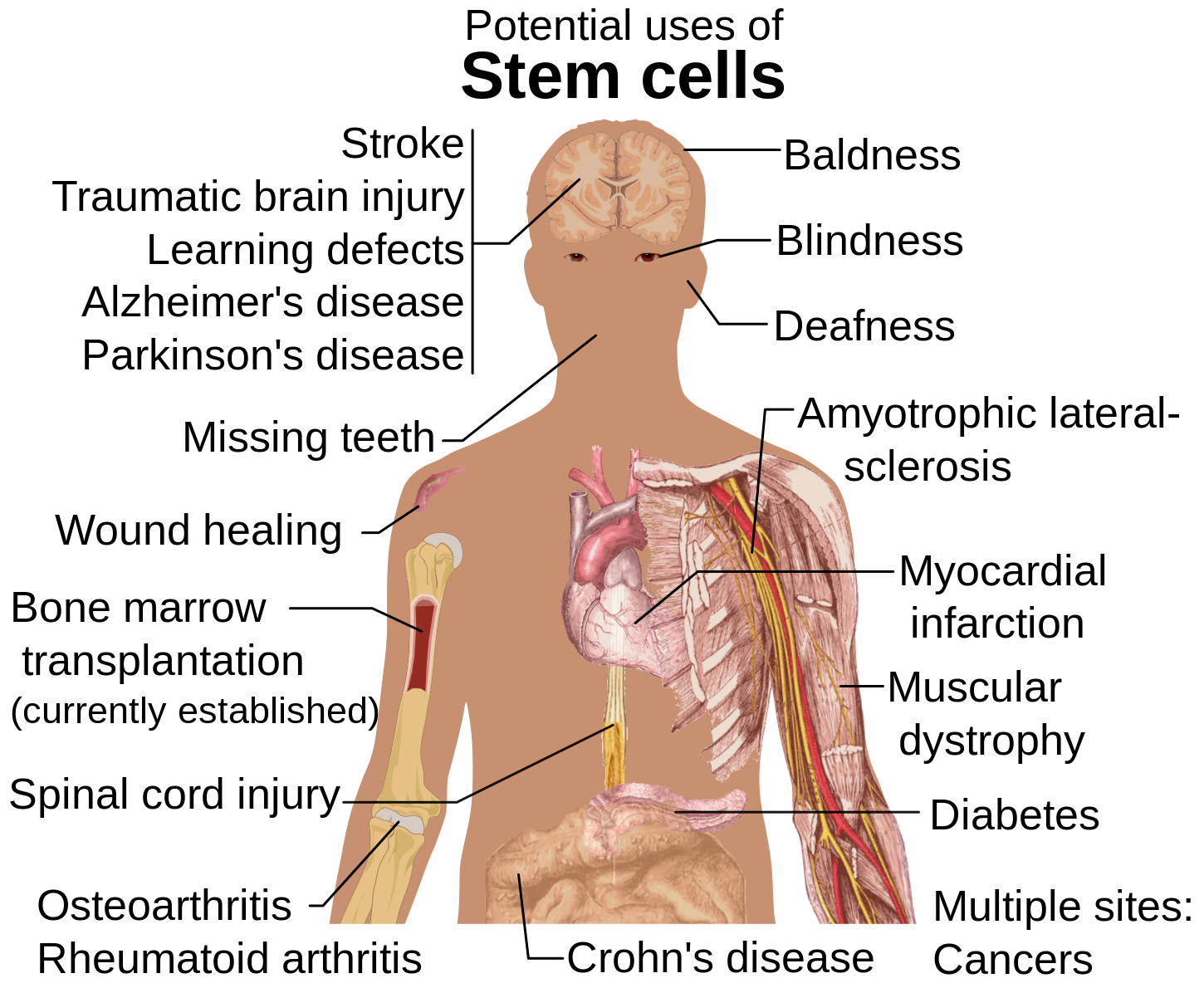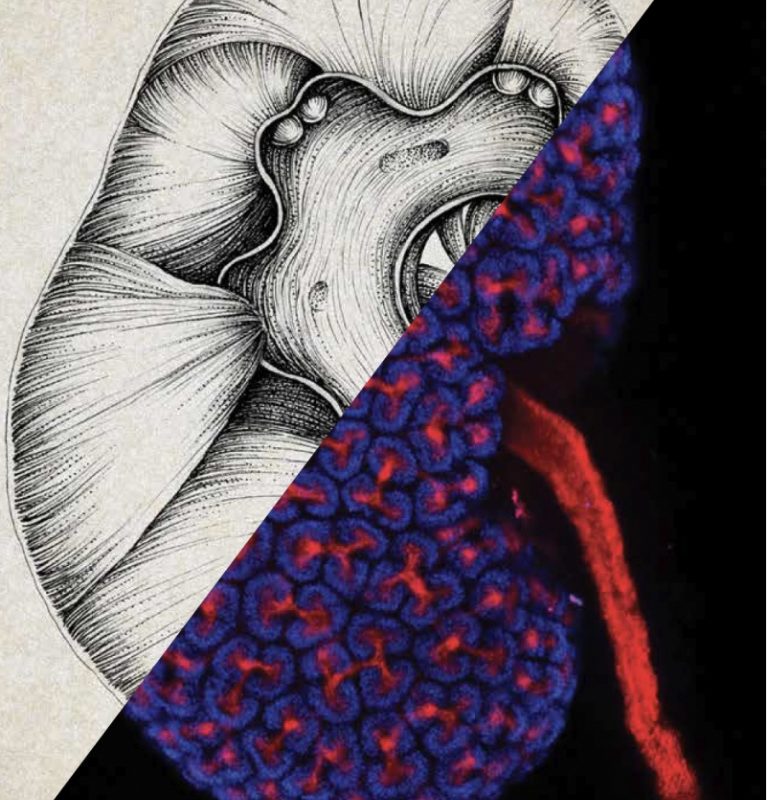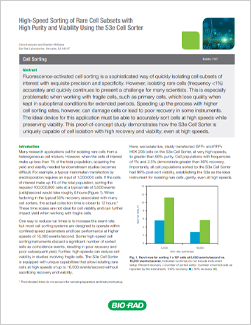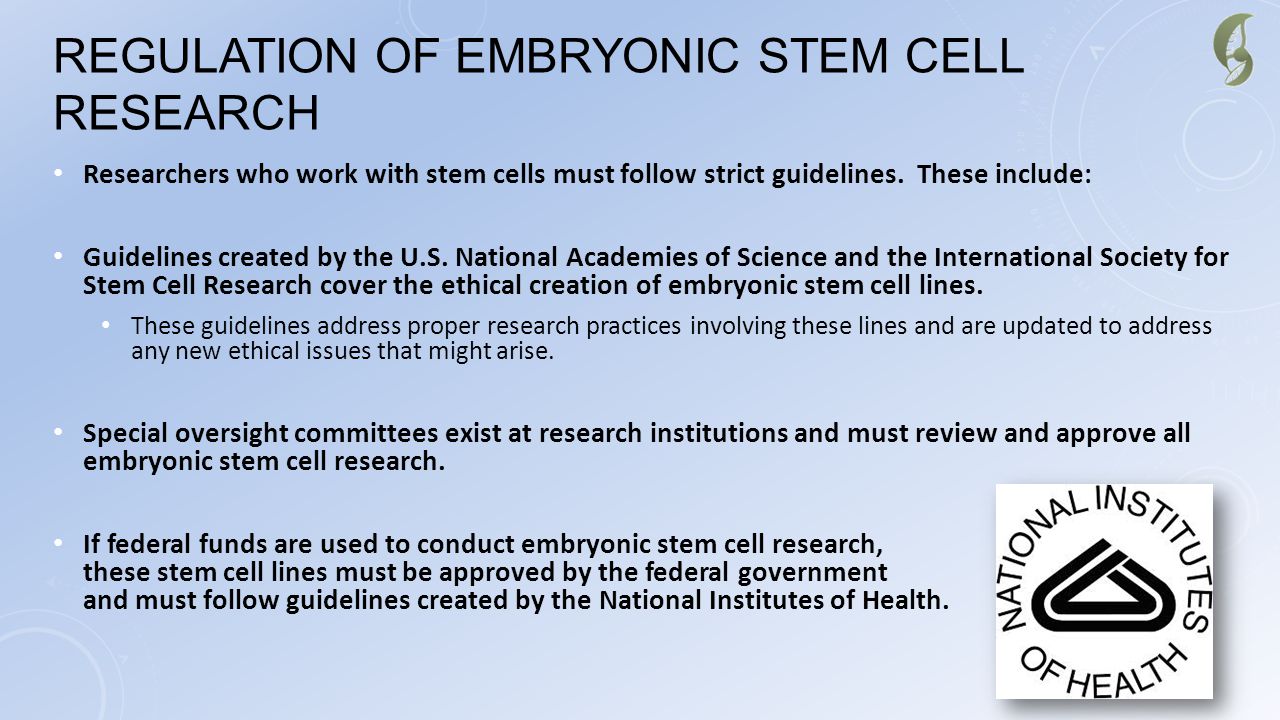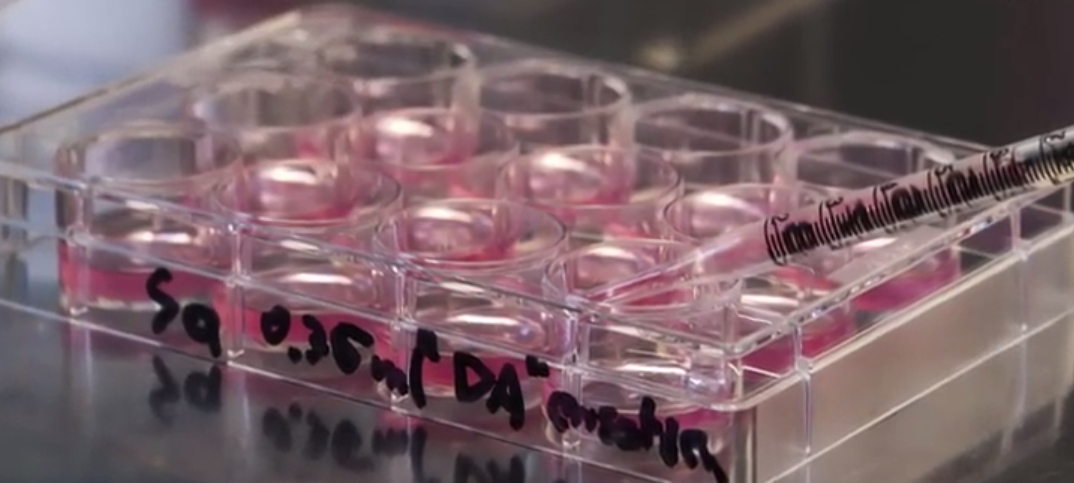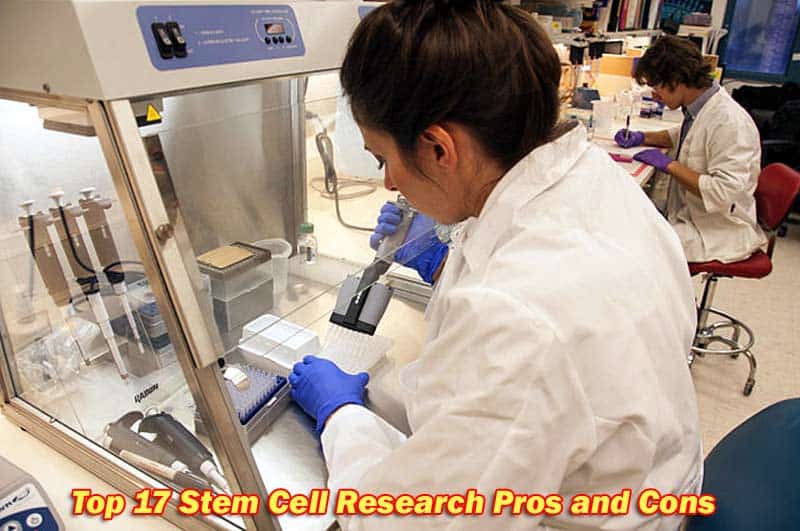It can renew itself or become a specialized cell within the body just like the stem cells i explained above.
Benefits with siding with biotech stem cell research.
The aim is to repair and regenerate the affected region while producing pain relief in an efficient manner.
Although the proven benefits of stem cell research are somewhat limited according to current science the future potential of these treatments continues to inspire hope for many.
Stem cell research is also categorized by the stem cell type used.
Medical biotechnology is the use of living cells and cell materials to research and produce pharmaceutical and diagnostic products that help treat and prevent human diseases.
Some of the latest areas of medical biotechnological advancement include pioneering work in genetic testing advanced drug treatments and artificial tissue growth.
Mar 20 2015 at 5 25 pm.
The use of stem cells in pain management works to provide pain relief and decrease the inflammation associated with the pain.
The term stem cell research is very divisive in america.
Until then each key point must be considered before a.
The debates over the ethics of stem cell research began almost immediately in 1999 despite reports that stem cells cannot grow into complete organisms.
A bis research report estimates the global stem cell therapy market totaled us 755 4 million in 2018 and is projected to grow at a cagr of 28 percent until 2029 to reach us 11 billion.
You ve probably heard about the controversy surrounding stem cells but before passing judgement read here for 7 amazing benefits of stem cell research.
1 reduces pain effectively.
Adult stem cells or somatic cells are produced from the human body once an individual is born.
By by jerry haar.
Florida sees big benefits from stem cell research.
Some people see stem cell research as wonderful but others see it as immoral and want it to stop.
With a strong base of biotechnology medical devices and pharmaceutical companies world class.
Here the author briefly reviews current stem cell research practices revisits the natural stem cell therapy case for moral evaluation and ultimately demonstrates the importance of permissible stem cell research and therapy even absent an agreement about the definition of when embryonic life begins.
As the processes to develop adult stem cells into programmable cells the ethical questions may begin to fade.


